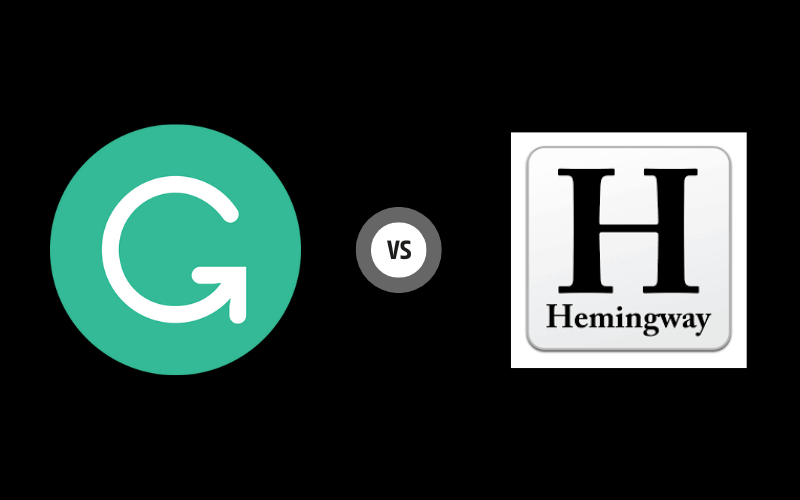Table of Contents
In today’s digital age, having a strong online presence is crucial for any business, including dental practices.
The competition for visibility online is fierce, and optimising your website for search engines (SEO) can make a significant difference in attracting new patients.
Effective SEO can improve your website’s ranking on search engine results pages (SERPs), making it easier for potential patients to find you when they’re searching for dental services.
Understanding your target audience
Before diving into SEO strategies, it’s important to understand your target audience.Who are your potential patients? What are their needs and preferences? For dental practices, local SEO is particularly important. Most patients will be looking for dental services in their area, so focusing on local keywords and strategies can help you reach the right audience.
Keyword research for dental websites
Keyword research is the foundation of any successful SEO strategy.By identifying the right keywords, you can ensure that your content aligns with what potential patients are searching for.
Start by brainstorming a list of dental-specific keywords and phrases, such as \”dentist in [your city]\”, \”emergency dental care\”, or \”cosmetic dentistry\”.Tools like Google’s Keyword Planner or Ahrefs can help you find relevant keywords and assess their search volume and competition.
On-page SEO techniques
Optimising title tags and meta descriptions
Title tags and meta descriptions are essential elements of on-page SEO.They provide a brief summary of your page’s content and appear in the search results.Crafting compelling and informative titles and meta descriptions can improve your click-through rate.For example, a title tag like \”Experienced Dentist in London | [Your Practice Name]\” and a meta description like \”Providing comprehensive dental care in London.Book an appointment today!\” can be effective.
Creating quality content
Content is king in the world of SEO.High-quality, informative content can engage visitors and improve your search engine rankings.
Focus on creating content that addresses common questions and concerns of your patients.
Blog posts on topics like \”How to Maintain Oral Health\” or \”What to Expect During a Root Canal\” can attract visitors and establish your practice as an authority in the field.
Utilising header tags
Header tags (H1, H2, H3, etc.) help structure your content and make it easier for search engines to understand.Use an H1 tag for your main title and H2 tags for subheadings.For instance, in a blog post about teeth whitening, your H1 could be \”Teeth Whitening: What You Need to Know\”, and H2s could include \”Benefits of Teeth Whitening\”, \”Different Methods of Teeth Whitening\”, and \”How to Maintain Whitened Teeth\”.
Image optimisation
Images can enhance your website’s appeal but can also slow down your site if not optimised.Ensure your images have descriptive alt text, such as \”patient smiling after teeth whitening treatment\”.Compress images to reduce their size without sacrificing quality, improving your site’s load times and user experience.
Technical SEO for dental websites
Improving site speed
Site speed is a critical factor for both user experience and SEO.A slow website can frustrate visitors and lead to higher bounce rates.Tools like Google PageSpeed Insights can help you identify areas for improvement.Simple fixes, such as optimising images, leveraging browser caching, and minimising JavaScript, can significantly boost your site’s speed.
Ensuring mobile-friendliness
With more people using smartphones to browse the web, having a mobile-friendly website is essential.Responsive design ensures your site looks and functions well on all devices.Google’s Mobile-Friendly Test tool can help you check how your site performs on mobile devices and provide suggestions for improvements.
Implementing schema markup
Schema markup is a form of microdata that helps search engines understand your site’s content.For dental practices, schema markup can be used to provide details like your practice’s address, phone number, and business hours.Implementing schema markup can enhance your search listings with rich snippets, making your site more attractive to potential patients.
Local SEO strategies
Google My Business optimisation
Google My Business (GMB) is a powerful tool for local SEO.Ensure your GMB profile is fully optimised with accurate information, including your address, phone number, and business hours.Encourage satisfied patients to leave reviews on your GMB profile, as positive reviews can boost your credibility and improve your rankings in local search results.
Local citations and directories
Local citations (mentions of your business name, address, and phone number on other websites) can improve your local SEO.Ensure your information is consistent across all local directories, such as Yelp, Yellow Pages, and dental-specific directories.Inconsistent information can confuse search engines and harm your rankings.
Geotargeted content
Creating content that targets specific local areas can help you connect with potential patients in your vicinity.For example, blog posts like \”The Best Dental Care in [Your City]\” or \”How to Choose a Dentist in [Your Neighbourhood]\” can attract local traffic.Mention local landmarks, events, and community involvement to make your content more relevant to local readers.
Building backlinks for dental websites
Identifying quality backlink opportunities
Backlinks from reputable websites can significantly boost your SEO.
Reach out to local businesses, health blogs, and community websites to see if they would be interested in linking to your site.
High-quality backlinks signal to search engines that your site is trustworthy and authoritative.
Guest blogging and partnerships
Guest blogging on reputable websites can help you build backlinks and reach a broader audience.Identify blogs and websites in the health and wellness niche that accept guest posts.In your guest posts, include a link back to your website.Additionally, forming partnerships with other local businesses and organisations can lead to mutually beneficial backlink opportunities.
Monitoring and analysing SEO performance
Using Google Analytics and Search Console
Regularly monitoring your SEO performance is crucial to understand what’s working and what needs improvement.Google Analytics and Search Console are invaluable tools for tracking your website’s traffic, user behaviour, and search performance.Pay attention to metrics like organic traffic, bounce rate, and the keywords driving traffic to your site.
Regular SEO audits
Conducting regular SEO audits helps ensure your website remains optimised and competitive.
An SEO audit involves checking various elements of your site, including technical aspects, on-page content, and backlinks.
Use tools like Screaming Frog or SEMrush to perform comprehensive audits.
Regularly updating and improving your site based on audit findings can keep your SEO strategy effective.
Conclusion and next steps
Optimising your dental website for SEO is a continuous process that requires dedication and ongoing effort.
By understanding your target audience, conducting thorough keyword research, and implementing on-page and technical SEO strategies, you can improve your website’s visibility and attract more patients.
Don’t forget to focus on local SEO to reach potential patients in your area.As you move forward, keep an eye on your SEO performance and be ready to adapt your strategies as needed.
Remember, the goal is to create a user-friendly, informative, and accessible website that meets the needs of your patients.Ready to take your dental practice’s online presence to the next level?
Contact us at KeepWriting.co for expert SEO services tailored to your needs.
Let’s work together to make your practice the go-to choice for dental care in your community!
Author
-

Since 2017, Alistair has been immersed in the digital marketing world. His experience spans across leading brands like IG Group, Russell Investments, Tech.co, and Website Builder Expert, among others. Alistair decided that it's time to give back by building the soon to be largest digital marketing agency in the UK -> OKETTI. In his spare time, Al enjoys reading history, bouldering, and spending time with his family. Alistair aims to connect curious online minds with insights from experts, making a global impact. However, the experts we hire never describe themselves as experts because we know that there is always more one can learn.
View all posts


